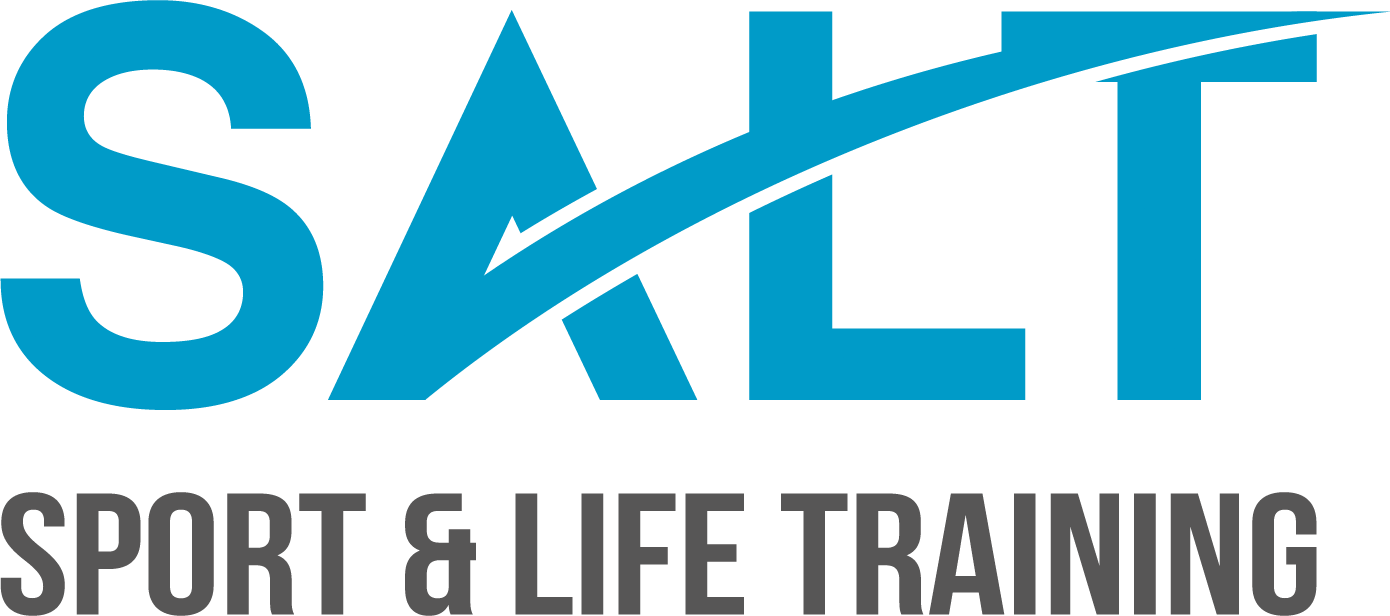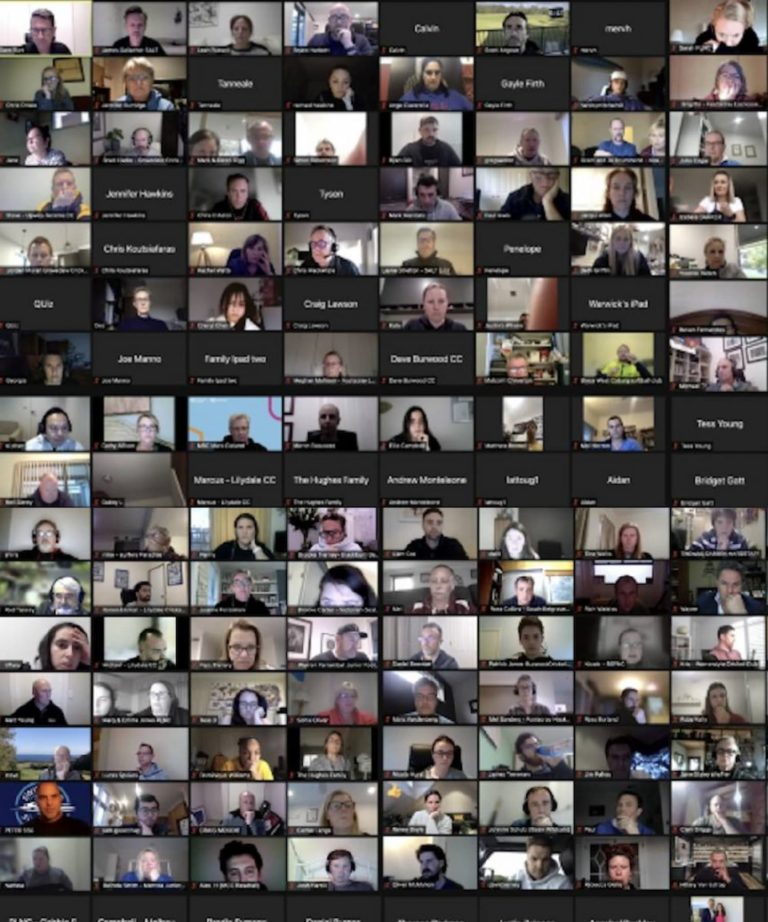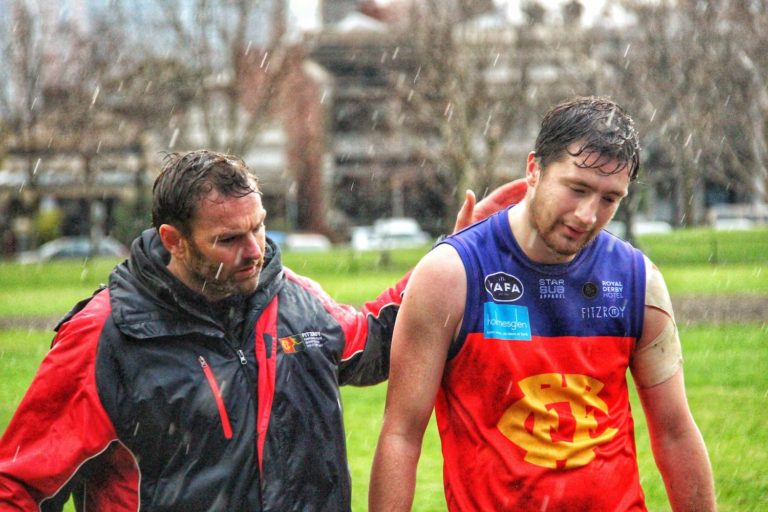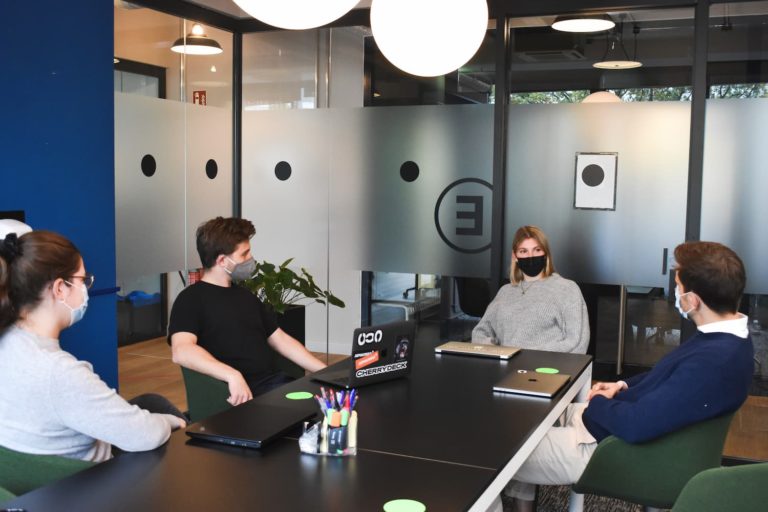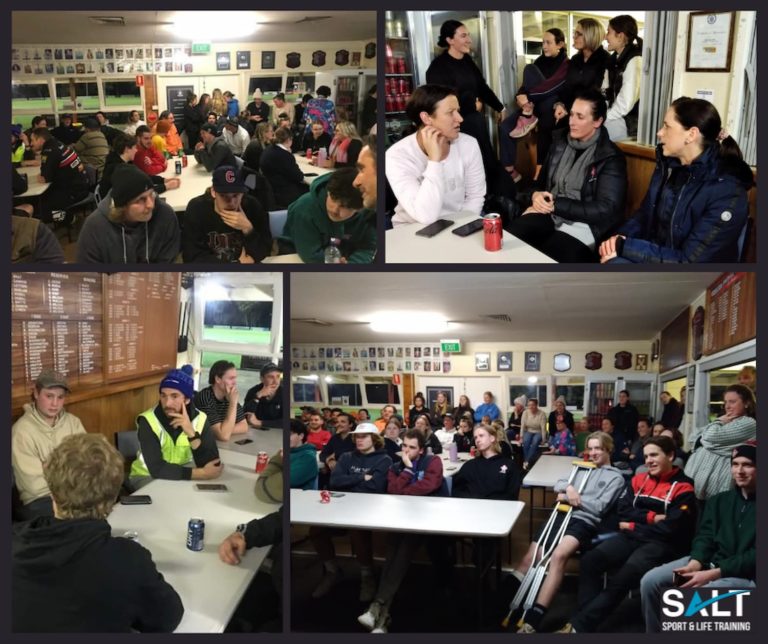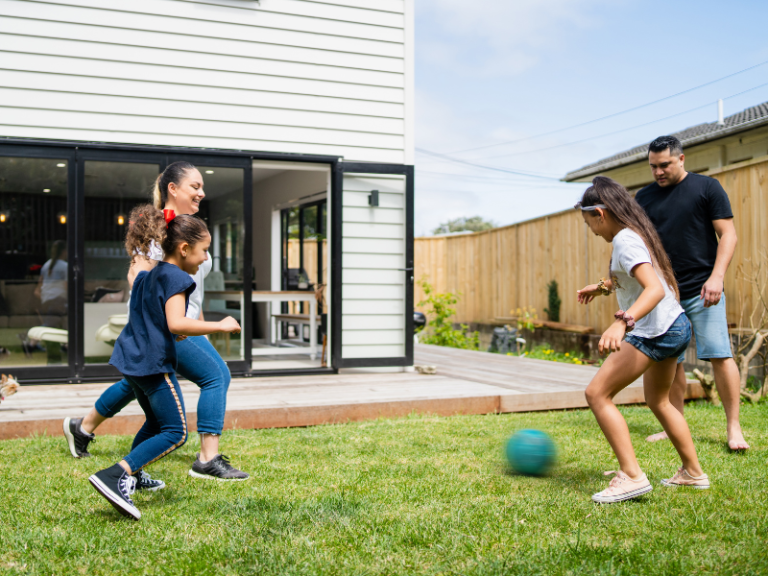For coaches it’s a balancing act
As you wake your club from hibernation and set your systems in place for the upcoming season, it’s important to be aware of the challenges that the various segments of your club will be experiencing. While life is getting back to normal, there will still be invisible mental scars that people are carrying because of the pandemic – particularly in Victoria.
For coaches, their role will be very difficult.
- They have to balance their reason for existing – coaching a team to win – with the need to be very careful with their players as they come back to the club carrying various states of PTSD. Some will have lost employment or had reduced income, they’ve endured isolation and been cut-off from their friends and family. People with existing anxiety will have found it particularly hard. Drug and alcohol dependency may have worsened, eating disorders increased, increased depression, increased suicidal thinking and action.
- Your young adults will be dealing with a year that was lost to them at a time when they should have been stretching their wings, finishing their education, celebrating and socialising. There will be resentment and a feeling of needing to make up for lost time. They may be worried that their interrupted education has deprived them of the goals they have been working towards. They may have seen their parent’s relationship tested and not always surviving the periods of lockdown. Coaches are going to need to be understanding – providing pastoral care as well as skills and motivation.
- When do you push someone to perform and when do you back off? Coaches need to be watchful and take information from many sources. Don’t be afraid to have honest one-on-one’s with your players if you think they are struggling. For junior players, approach the parents to see what the issues are and so that you can be aware of sensitivities.
- Coaches themselves may also be carrying baggage. The fallout from the pandemic did not discriminate in who it affected. It’s important for coaches to be really aware of how they are mentally travelling and seek help if they need it. They hold the power to help a player or to do damage with an uncontrolled outburst.
Parents will have challenges too
- They may have suffered financial stress as a result of the pandemic and struggle to be paying fees, buying uniforms and equipment.
- They may decide that they can’t afford for their child to play sport – and that’s where sporting clubs need to be stepping up and helping out where they find hardship.
- A child may not want to go back to playing sport. How much does a parent push the issues? Parents will know their children and understand the drivers for non-participation but a good club will be working with all parents whose children haven’t returned to see if they can help in any way to get them back to the team.
Optimism is key
It will take time for all members of your club’s community to find their “normal” place. But the good news is that community transmission of COVID-19 is minimal in Australia, there is a vaccine on the way and the economy appears to have jump started, giving those who have lost businesses, jobs and assets the hope that they will be able to re-build. This next season will be tentative in many ways. Celebrate the wins – whether they are on the field or around the club. Re-define achievements and acknowledge them at every level. And really listen to what people are saying.
Set up a Wellbeing Team
All clubs need to set up a Wellbeing Team to focus on dealing with the mental health issues that your club community will have as a result of COVID-19. At SALT we can train the members of your Club Wellbeing Team. It’s just five virtual sessions and we will provide them with information on how to spot people who need mental support as well as some tools and strategies to help. We do have some funding still available, which means that some clubs won’t have to pay for this training. Contact SALT to find out more.
